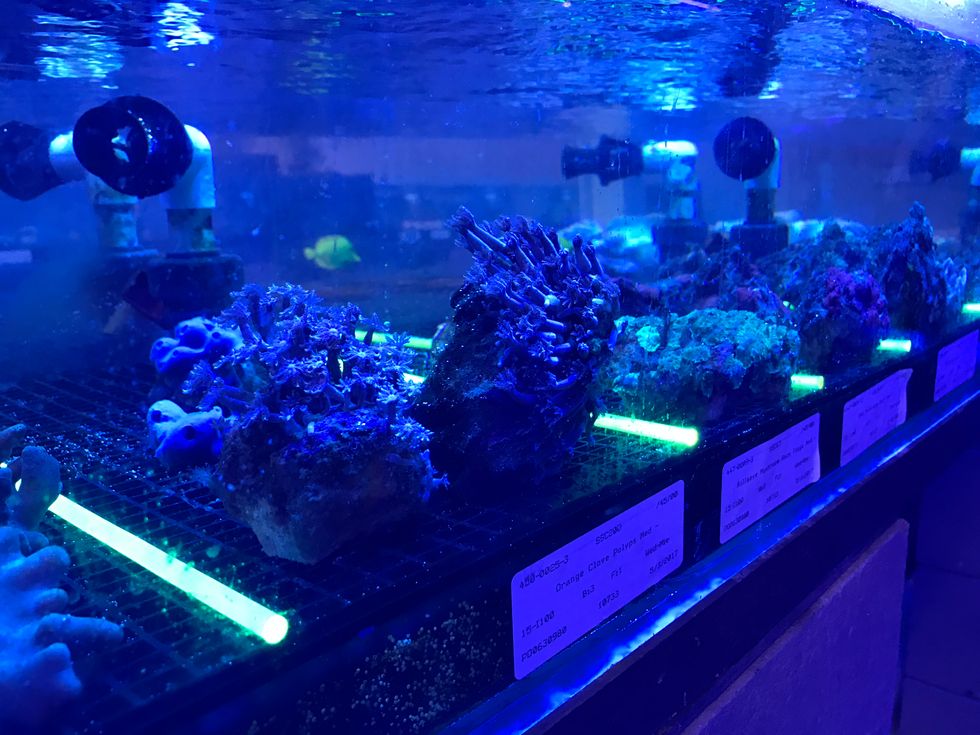Nobody likes to get sunburned, that’s a fact. We all hate it when we go to the beach and get a little to cocky on the first day, saying things like, “I’m dark enough not to get sunburnt.” Or, “I want to get tanned so I don’t need sunscreen.” And then we kick ourselves for the rest of the week, walking around in the weirdest clothes because they were easy to get on without touching the angry, red consequences of our arrogance.
And of course, everyone knows that sunburn is bad for you, beyond the burning and itching as the dead cells slough off (ew). The UV light your skin absorbs could cause skin cancer and damage to your skin-cells. All of this is a good reason to wear sunscreen when out in the sun for long periods of time, but here’s the catch. Your sunscreen-wearing habits are destroying our planet.
Hear me out, this isn’t going to be a global warming article so don’t leave yet. When you get in the water, 25% of your sunscreen washes off within the first 20 minutes or so. That’s why your mom always reminded you to reapply after playing in the water too long, right? And every time you do, you release 25% more Oxybenzone into the water.
Oxybenzone is an ingredient found in most sunscreens, and is responsible for absorbing the UVB and UVA radiation that would normally enter your skin cells. It is also responsible for coral bleaching and mass reef death. It causes the coral to reject the symbiotic organisms they need to survive, killing the coral and turning them into stiff white skeletons littering the sea floor. Just a few drops of this stuff is deadly to reefs. Imagine what happens when you dump over 5000 tons of it into the ocean every year.
There is good news, though. You don’t have to stop wearing sunscreen, in fact most scientists frown upon not wearing it, as it does offer important protection. Instead, you should be more aware of what kind of sunscreen you use. There are many sunscreens out there whose active ingredient is zinc oxide or titanium oxide, which are harmless to reef systems.
Studies have shown that zinc and titanium oxide sunscreens can actually be better for your skin than oxybenzone-based ones, too. However, if you don’t want to change your sunscreen, then consider wearing something like a wetsuit top to the beach, or any other long-sleeved beachwear that will cover and protect your skin from the sun.
The health of our coral reefs is directly indicative of the health of our world, so go and be a responsible beach-goer this summer. Your skin, and the planet, will thank you.






 StableDiffusion
StableDiffusion StableDiffusion
StableDiffusion StableDiffusion
StableDiffusion Photo by
Photo by  Photo by
Photo by  Photo by
Photo by 
 Photo by
Photo by  Photo by
Photo by  Photo by
Photo by  Photo by
Photo by  Photo by
Photo by 









